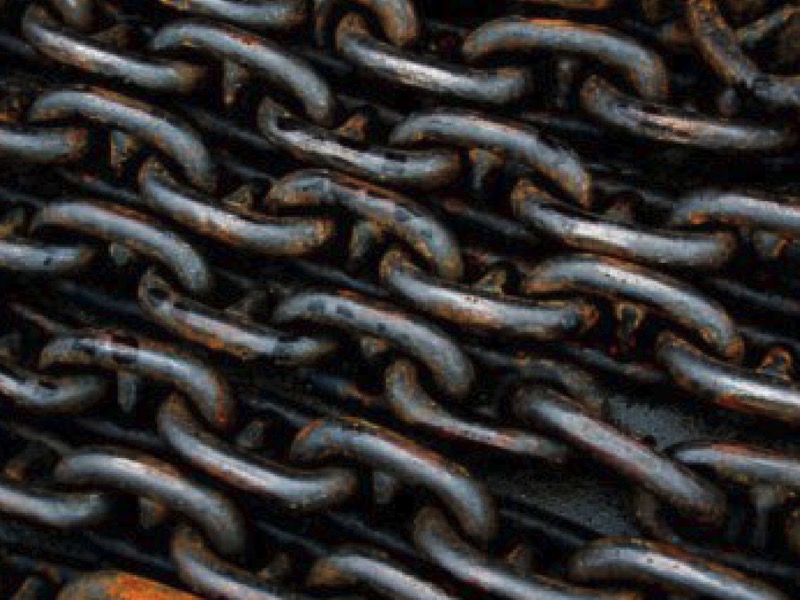Blog writing sounds so easy, doesn’t it?
Write some words, put them on your website, dream about what you’ll do with all the money you get from all your new customers. But under that tempting exterior hides a Pandora’s Box full of chaos and confusion. OK, it’s not usually quite that bad, but the fact remains that there’s a lot more to writing a blog post than just writing a blog post. There’s a whole host of things that you’ll need to think about.
What keywords are you targeting? What’s your call to action? Have you considered meta tags and descriptions? And don’t even get us started on links.
Actually, do get us started on links. That’s exactly what we’re here to discuss; whether or not you should include links in your blog posts, and why.
What is a link?
Forgive us for starting at the basics, but a link is something within your content that sends the reader to another webpage, or opens up another webpage, like this link to the WordHound homepage. But you don’t want your audience clicking away from your blog post and gallivanting around the internet… do you? Or is that exactly what you need?
Well, it depends. Links are like a giant, gooey chocolate cake. On the one hand, they’re so mouthwateringly good. And on the other hand, they’re not particularly good for us in large doses. Why? To answer that, we need to look at the two types of link that you could include in your blog posts:
1. The Internal Link
An internal link directs your reader to another page on your own website. This could be any page at all that you choose, and it’s great for keeping your readers floating around your website for a little longer.
2. The External Link
An external link directs your reader to a different website. We’ll demonstrate this with a link to BoredPanda’s list of 99 purrectly timed cat-pictures. Why? Well… why not? But you must promise to come back here after the first 5 cats.
Should I use internal links?
Yes. But carefully. As we’ve just seen, internal links are great for keeping your audience exactly where you want them: on your own website. They minimise bounce rate while also making website navigation easier to help you create a great user experience. But think about where you’re linking to. If your landing pages are a bit sad-looking in the content department, you’re going to need to spruce them up a bit first!
Should I use external links?
External links do take readers away from your content (we wonder how many of you we’ve already lost to the cat pictures…) but they also help you to position yourself as an authoritative source and boost your association to high-quality sites. Talking about stats or figures? You should always back these up with research to prove your point. But external links should be used sparingly as they can be distracting.
There’s a fine line between the gooey, chocolatey goodness of a smattering of links, and the ‘oh dear, I have consumed four entire cakes’ of links. But why worry about all that when we can worry about it for you? Leave it to us. We’ll find the perfect balance, helping you, and your readers, to really get the most from your blog post links.
(Image Source: Flickr)




